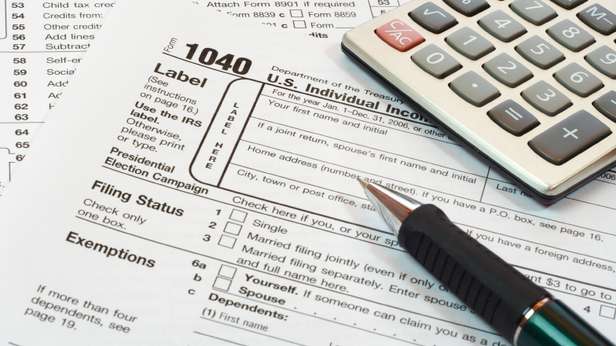
January 5, 2015
by James Wigderson
Special Guest Perspective for the MacIver Institute
The last four years have certainly been eventful years in Wisconsin. The state budget has been in surplus and the Doyle-era budget adjustments (tax increases and fund raids) are over. The GAAP deficit is down from $2.9 billion to $1.3 billion. State and local taxes are going down. The state is finally at the number of people working that we were at before the recession.
Even with all of the progress made, there is still unfinished business that the Republicans need to take care of in the coming legislative session. As the MacIver Institute’s Brett Healy pointed out in an op-ed column, spending has actually gone up under Governor Scott Walker. With that $70 billion biennial budget, taxes are still too high and the rate is too “progressive” for robust economic growth.
Wisconsin still ranks 43rd on the Tax Foundation’s Business Tax Climate Index. The top income tax rate is 7.65%, down from the 7.75% set by Governor Jim Doyle and the Democrats controlling the legislature at the time. The other three rates are 6.27%, 5.84% and 4.0%.
When Illinois temporarily raised their flat rate to 5%, still less than Wisconsin’s three highest rates, there was much attention focused on how it was a 67% increase. Wisconsin was poised to poach Illinois businesses. That temporary rate increase is about to expire, and our friends to the south will soon be paying a flat rate of 3.75%.
Illinois is a fiscal basket case and that may not bode well for their future, but Wisconsin is one budget cycle away from joining them if we continue to use growing tax revenue to fund more spending in the state budget. We won’t like it when the “open for business” signs start facing north.
When we look at how income taxes affect the business climate and the state’s competitiveness, we need to remember that more than half of the businesses in Wisconsin file through the state individual income tax. It’s unsurprising then that high income taxes was the number two concern heard by a task force on taxes chaired by Lt Gov Rebecca Kleefisch. (Property taxes were number one.) Taxes on small business was number four on the list of concerns.
Unfortunately the task force did not make any recommendations regarding lowering the income tax. The task force did hear from some who participated, “… replacement of some or all of the income tax with [the] sales tax would make Wisconsin’s tax system more competitive with other states, because our income tax is above average and our sales tax is below average, but could create winners and losers across various sections of the population.”
This echoes another report by the Wisconsin Policy Research Institute that examined the benefits of broadening the base of the sales tax, increasing the categories that are covered, in exchange for lowering the income tax rate. Wisconsin taxpayers with lower incomes would receive tax credits to offset the disproportionate impact of the broadened sales tax.
In one scenario, the state individual income tax could be cut by $730 million, the state property tax by $1.11 billion, and the sales tax rate would be reduced to 4.475%, if the base of the sales tax was sufficiently broadened. Such a tax restructuring could result in 10,580 new jobs created.
But this sales tax broadening scenario is about altering the tax mix and not necessarily reducing the tax burden overall. Wisconsinites would still be paying more in sales taxes despite the lower rate.
To truly cut taxes, Wisconsin will have to cut spending. Weiss’ Law is the observation by former New Berlin school board member Matt Weiss, “Nobody ever thanks you for cutting spending.” Other politicians probably make the same observation every budget cycle without saying so out loud.
If the public can see their overall tax burden going down perhaps they would be more willing to accept the spending cuts. The popularity of Act 10 improved over time as the public saw that the $3 billion in savings allowed most of the increases in tax revenue to be translated into tax cuts. Now is the time for the legislature to act boldly again if Wisconsin is going to be competitive.